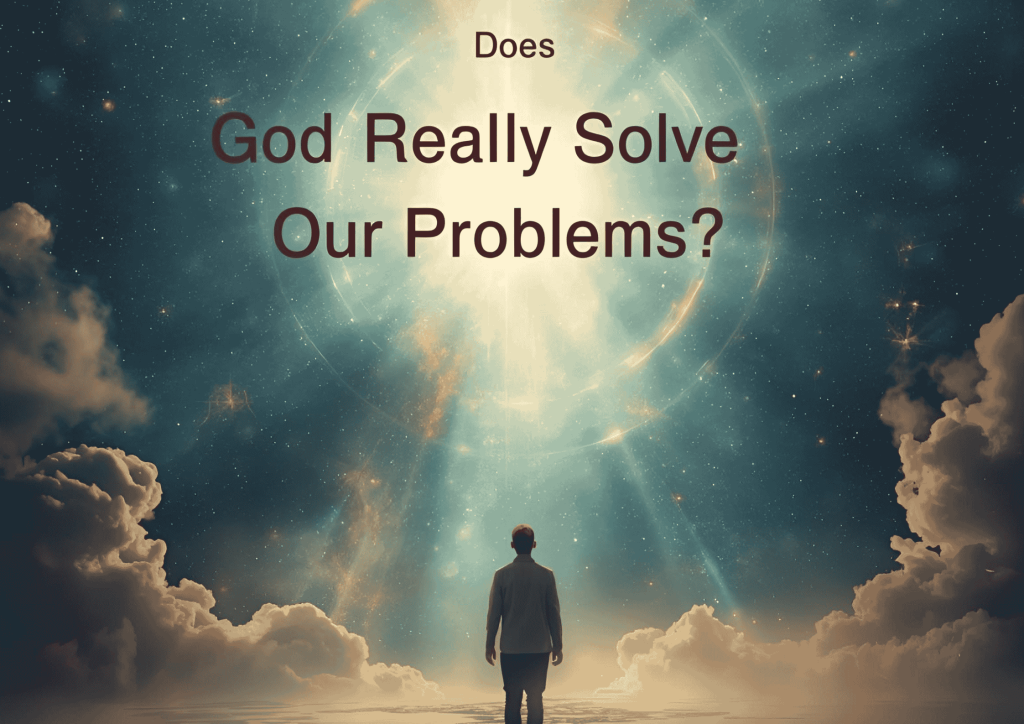
When we face difficulties, there is a natural tendency to look for a saviour. Many of us instinctively turn to God, hoping He will come physically to rescue us from our troubles. But if we pause and think deeply, does it really happen this way?
The reality seems different. God does not appear in person to lift us out of hardship. Instead, He may work through subtle hints, through the right people, or through opportunities placed in our path. The universe provides guidance, but the responsibility to act rests on us.
We have been given a brain capable of making logical decisions. When we rely on emotions alone—whether sadness, anger, greed, or shame—we often lose balance, because emotions constantly change with situations. A mind controlled by emotions can cause suffering. On the other hand, a brain guided by reason can help us make better choices, keeping the body and life in healthier condition.
This doesn’t mean emotions are useless. They add depth to life, but they should not rule over us. The key is to let the brain be the decision-maker while the body obeys, and the mind be a tool for awareness rather than a master of our actions.
Perhaps this is how God truly helps us—not by taking over our struggles, but by giving us the capacity to think, reason, and act. The divine presence may be experienced through the people who support us, the inner strength we discover, or the solutions that arise when we calm our mind and look clearly.
In the end, faith and logic are not enemies. Faith reminds us that we are not alone, while logic ensures we act wisely. If we stop being enslaved by fluctuating emotions and instead embrace clarity, discipline, and rational action, life becomes more manageable—and perhaps that itself is God’s way of saving us.
